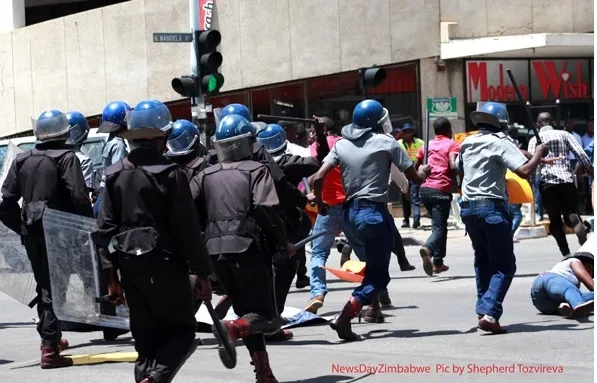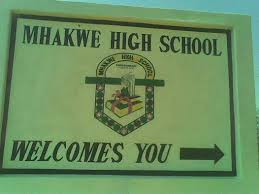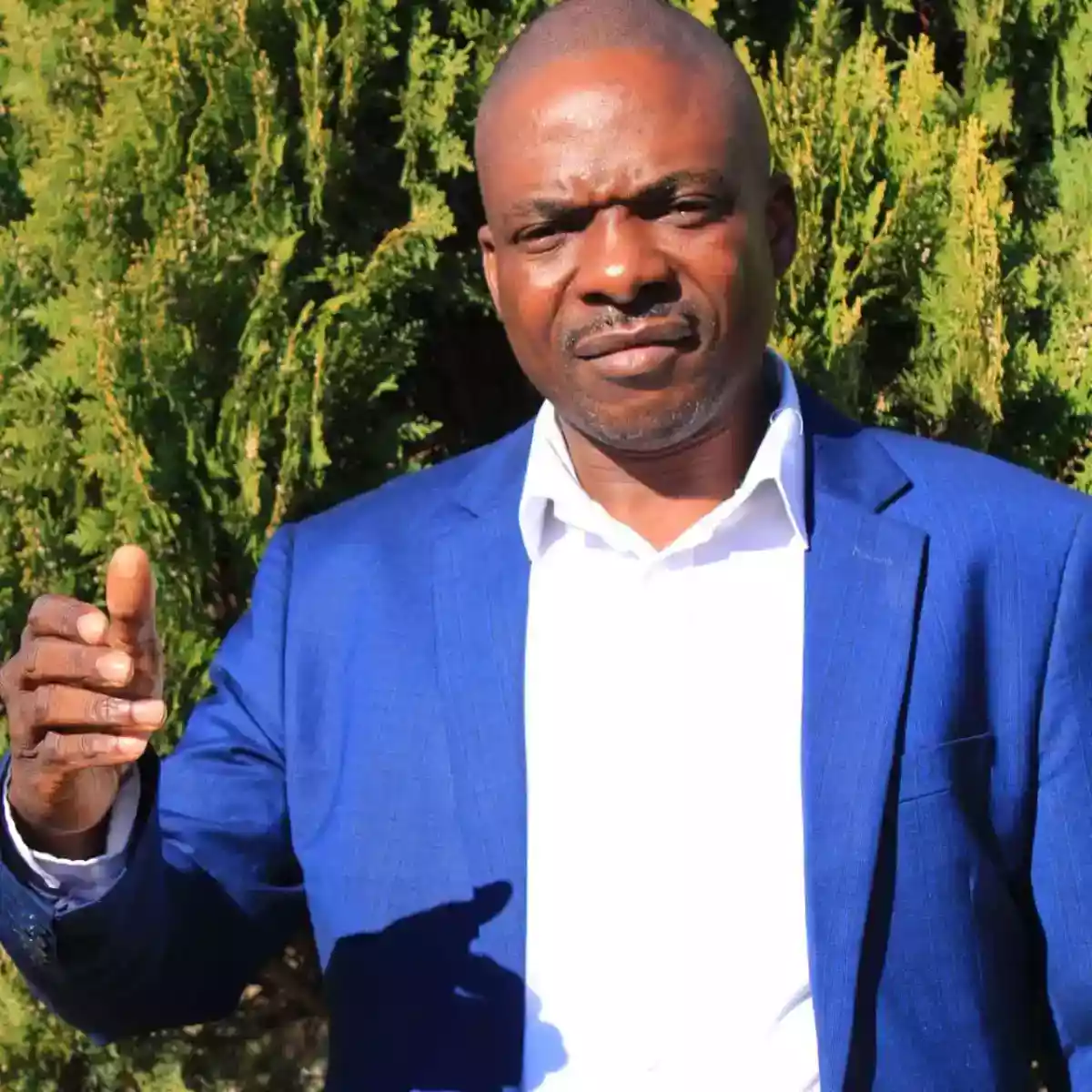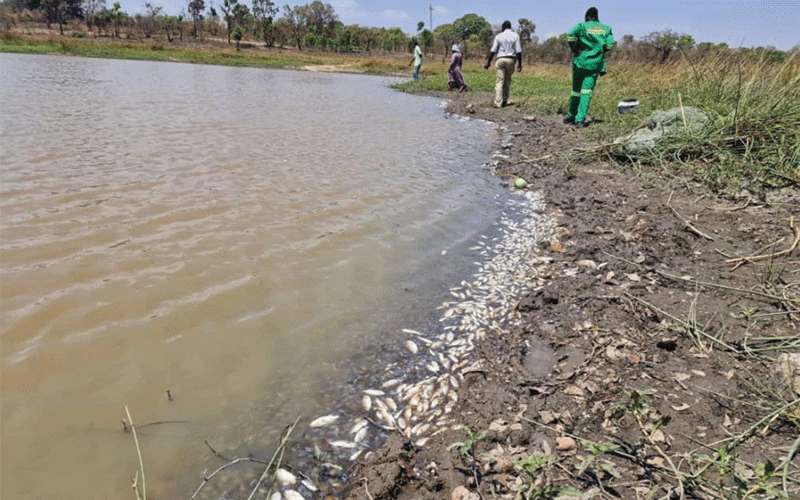
THE United States has described Zimbabwe’s human rights situation as dire.
Zimbabwe is still plagued by unlawful and arbitrary killings, while citizens’ rights to peaceful assembly and freedom of association are constantly violated, the US has noted.
In a report titled Zimbabwe 2022 Human Rights Report, the US said: “Numerous factors contributed to a flawed election process in 2018, including the Zimbabwe Election Commission (Zec)’s lack of independence; heavily biased State media favouring the ruling party, voter intimidation, the unconstitutional influence of tribal leaders, failure to provide an electronic preliminary voters roll, the politicisation of food aid, security services’ excessive use of force and lack of transparency concerning election results.”
The report said the country’s prison conditions were harsh and life-threatening due to overcrowding, food shortages, lack of water, lice infestations, shortage of linen, physical mistreatment of prisoners and lack of access to personal hygiene products, as well as inadequate sanitary conditions and medical care.
“Police continued to press criminal charges against street vendors arrested under selectively enforced COVID-19 safety regulations. Human rights NGOs reported street vendors in urban areas were often targets of arbitrary arrest and allegations of operating illegal businesses. The law absolves individual security agents from criminal liability regarding unlawful arrests and detention,” the report said.
The report also said there were restrictions on individuals criticising the government or discussing matters of public interest.
“Authorities were sensitive to criticism in general, particularly when directed at President Emmerson Mnangagwa or his family. Persons accused of insulting the President and his office can be charged under a law that makes undermining the authority of, or insulting President criminal acts.”
On freedom of peaceful assembly, the report said: “Rallies in support of the ruling party were generally unimpeded, as were religious assemblies by groups seen as loyal to the ruling party. Meanwhile, opposition members, unions, civil society activists, pastors perceived to be aligned with the opposition, and street vendors often faced arrests, and in some cases police violence.”
- Mr President, you missed the opportunity to be the veritable voice of conscience
- ED to commission new-look border post
- Zanu PF ready for congress
- Zanu PF ready for congress
Keep Reading
The report also red-flagged government’s failure to effectively deal with corruption.
“The anti-corruption courts often displayed political bias and were assigned cases involving activists, journalists, or opposition leaders even though the cases did not relate to corruption. In fact, the establishment of the courts specified they would adjudicate on matters including ‘criminal trials and other matters arising out of, or connected with criminal trials’. Independent governmental
oversight entities were often constrained politically, and the government ensured they lacked the funding and staffing to carry out their mandates,” said the report.
Efforts to get a comment from Justice minister Ziyambi Ziyambi, Justice secretary Virginia Mabhiza and Information and Publicity ministry officials were fruitless yesterday.










